I so appreciate the fast-growing number of subscribers to “In This Moment.” I’ve just passed 7,000 Substack subscribers and 20,000 followers and would love to gain just a few more paid subscribers by Presidents Day, to put me in “Substack Best Sellers” territory. But regardless, at this moment of crisis, most of my content will remain free of charge, because, as Pattie reminded me, it’s important that I reach the broadest possible audience. End of commercial.
Earlier this week I proposed that if President Trump really sees himself as a defender of faith, establishing the White House Faith Office with the stroke of that presidential Sharpie, it’s time to teach him some Bible. With religion so much in vogue in MAGA D.C., I aim to make the case for America’s true Moral Majority, the ones who believe in decency, acceptance and generosity, who don’t betray loyal friends and allies, who want peace with their neighbors, on the block and around the world, and who don’t want a country governed by the ethics of a schoolyard bully, but rather by the rule of law and the biblical values of kindness and love. (That’s got to be my longest sentence since I last chanted Esther 8:9!)
And I am to do it on MAGA’s home, faith-based turf. Fact is, if we don’t confront this evil on religious grounds, we are ceding God to the far right. And as fellow Substacker John Pavlovitz has written, the weaponizing of religion is already taking place, “making the manipulated believe that their mission is not just important or right, but holy; that they are being obedient to God while eradicating other human beings.” Once this happens, “once ordinary, rational, decent, even compassionate people begin to lose their ability to see the humanity in front of them—it's too late to help them see clearly.”
What I’m doing is likely going to make a lot of people uncomfortable on both sides of the aisle, progressives who haven’t entered a house of worship since their Bar/Bat Mitzvahs (or confirmations) and aren’t used to conducting policy discussions on a moral playing field, and conservatives, rattled at seeing a lib so comfortable thumping my Blue State Bible so confidently in their faces.
And a Jew, yet. A Jew who’s not afraid of open religious dialogue. A Jew who is not afraid period, despite the scary surveys saying that American Jews are more afraid than ever - and for good reason1. I’m happy to report that I’m not alone in facing the fear head-on, as many rabbis and Jewish religious organizations are already engaged in a full-throated rejection of this fascist wave2 that Anne Applebaum is calling a flat-out attempt at “regime change.”
So, President Trump, time for your second Bible lesson. And don’t get too comfortable. There will be more.
In my last posting I focused on the tenth commandment, the one that prohibits coveting, and how it related to Greenland, Gaza, and the Gulf.
I hope you enjoyed that, Mr. President.
Here comes the next one in the series. Since the Ten Commandments are being read in synagogues across the world this weekend, let’s take a closer look at the sixth commandment, the one that prohibits the unjust and unnecessary taking of a human life, "popularly referred to as “Thou Shalt Not Kill.”
So, let’s talk about what “Thou shalt not kill” really means.
It is not a quiet business, murder. Death is loud.
Seven things about the Sixth Commandment: “Thou Shalt Not Kill”
1) “Murder,” They Wrote. Not “Kill.”
The commandment speaks specifically of murder, which comes from the Hebrew root letters R-Tz-Ch. “Kill,” is a different Hebrew verb (Root letters H-R-G).3 The 12th-century commentator Rashbam drives home that point, concerned that the Latin translation conflates the two words.4 Rashbam suggests that ה-ר-ג (H-R-G) may refer to homicide of any type, the equivalent of English “kill,” while ר-צ-ח (R-Tz-CH), the word found in the Ten Commandments, is a narrower term, referring to unjustified killing, or “murder.” He told Christians that “the decision of Jerome (347-420), the author of the Vulgate, the authoritative Latin Bible translation of Western Christianity, to use the same verb to translate רצח (R-Tz-CH) and הרג (H-R-G) was mistaken.
Note that this issue really dates back to the initial translation of the Torah to Greek in the 3rd century BCE. The Septuagint uses the Greek translation for the Hebrew term “kill,” not “murder.”
2) Some killing - that isn’t murder - is allowed.
Judaism allows some killing, including the killing of animals for food - albeit in a strictly regulated, humane fashion - and the killing of human beings in self-defense. Plus manslaughter, where there is no intent, and capital punishment, which is frowned upon in Jewish law but allowed in theory5. Abortion, in Jewish law, is also definitively not murder. The life of the mother always comes first.
While it seems clear that killing of animals is allowed, for sacrifices (in early Judaism) and food, the suffering of animals always needs to be minimized. Jewish vegetarianism guru Richard H Schwartz contends that even the translation, “murder” rather than “kill” can still be used to argue for vegetarianism, “because it can be considered to mean "thou shalt not kill unnecessarily."
Many nutritional studies have shown that a person does not need to eat animal products in order to be adequately nourished, and people are actually generally healthier on a varied diet composed solely of plant foods, with possible supplementation via vegetarian vitamins or enriched vegetarian foods to ensure adequate vitamin B12. While Judaism does permit the killing of animals, it has very strong teachings on treating animals with compassion, and only permits the killing of animals to meet an essential human need that can't easily be met in any other way.
So because it is not necessary for people to eat animals, their killing is superfluous, and therefore, in Schwartz’s eyes, murder.
I have a feeling you don’t agree, Mr. President? How many buckets of KFC did you just order?
3) Some forms of murder can be indirect.
The prohibition includes traditional concepts of cold-blooded criminal behavior, but the commentator Ibn Ezra explains that the definition of murder goes beyond that. He writes:
One may murder by the hand and by the tongue, by tale-bearing, perjury, and character assassination. One may murder also by carelessness, by indifference, by the failure to save human life when it is in your power to do so. By giving someone harmful advice, knowing fully well the tragic consequences that will occur. One who is privy to a secret which can save another life, and does not reveal it, is viewed as a murderer.”
And here’s the commentary of Hizkuni (13th century France):
לא תרצח, "do not murder!" The absence of any qualifying adjectives or adverbs means that murder by hand, by tool, or even by silence is equally forbidden. Example: you have obtained information that someone is about to be murdered and you fail to warn the prospective victim.
So, you can murder with too many words AND too few. Silence can be lethal, but gossip can also be a form of murder.
What do you think that says about social media, Mr. President? Is Musk’s little plaything X potentially a murder weapon? Maybe it should be regulated, just a little bit, from people who abuse the power of the word?
A whistleblower who has knowledge that could save lives must blow that whistle (that is, if he hasn’t been fired in a mass purge of inspectors general) - which itself could lead to the needless loss of life. Or someone aware of a disease who does not warn the public: that person is, according to Ibn Ezra, at least an accomplice to murder.6
So while the Hebrew term for murder might be limiting, (all killing is not murder), it also expands the concept of the infinite value of a human life - humanity being created in God’s image - which means that every single innocent human life must be protected at all costs. See this quick primer on the value of a human being, by Rabbi Irving Greenberg.7
3) Murder doesn’t merely end the lives of the dead, it shatters the worlds of those left behind.
Take a look at the etymology of the Hebrew root.
Aside from meaning “murder,” the word ReTzaCh also means the shattering of bones. And what is the sound of murder? In ancient times, there were no silencers or lethal injections. Death came with the sound of bones being crushed, of limbs shattered and arteries severed, of arrows piercing armor. It is not a quiet business, murder. Death is loud. Even beyond the screams, there is an echo that reverberates heavenward. As we learn from the story of Cain and Abel, the first murder, even blood, innocent blood, that has been shed screams from the ground
Think of how many lives are shattered by deaths caused by gun violence. Ibn Ezra was right. “Thou Shalt Not Murder” means all of us, all who have allowed human beings to be murdered when we could have done something to stop it. We are guilty of betraying the Sixth Commandment with our misguided understanding of the Second Amendment. In fact, the Second Amendment is not in any danger of being violated if we take semi-automatic assault weapons, the ones designed for military use, out of the hands of civilians. No one is violating any sacrosanct freedoms if we ban high capacity magazines, like the one used in Aurora or Newtown or anywhere on the endless list of mass shootings that have taken place. Or the gun used to shoot you, Mr. President. No, in fact, we are defending a sacred freedom: the freedom to stay alive. Do you think God would agree?
4) Murder has gotten too easy.
Back in Moses’ time, people got just as angry as they do now, but it was much harder to kill. And people did not take such pride in their weaponry. It’s hard to imagine that Moses (the original Moses, not the guy who played him in the movie) would have said that his trusty rod would have to be pried from “my cold, dead hands.” Given his history of killing an Egyptian taskmaster, if he had wanted to trade his rod in for a rifle, Moses might have had to wait a bit before passing a background check.
Now, especially but not exclusively in warfare, murder has become antiseptic. It’s far too easy to kill without so much as a pang of conscience.
5) Major world religions have a shared aversion to the needless death of innocent human beings.
Check out the origins of the precept, "Whoever Saves a Life Saves the World” (Mosaic), as there is controversy as to how universal this famous Talmudic dictum was intended to be. Or was it meant for Jews only? And the Quran’s near-verbatim quoting of the source is actually intended as an accusation that Jews have not lived up to their lofty ethical standards (an accusation still made to this day).8 But still, in our day, this verse shared by the two faith traditions is a building block for unity and greater mutual understanding, as we’ve seen with this Jewish-Muslim partnership in Chicago:
It is clear that so many faith traditions embrace the concept of the infinite value of each human life. We can see proof of this in the quote from the Quran above, and in this introduction to the topic of murder from The Comparative Anthology of Sacred Texts:
Murder is condemned by all faiths, as by reason itself. Nevertheless, there is often a line between murder and sanctioned violence, and this line is drawn in various ways. In Jainism, and among some Buddhists, Hindus, and Taoists, the concept of absolute nonviolence (ahimsa) encompasses all animals and living beings. In Judaism, Christianity, and Islam, on the other hand, the scriptural prohibitions against murder are restricted to the killing of human beings.
I’ve collected a number of passages from world religions pertaining to murder and the value of human life, which you can find in the footnotes.9
Among the modern leaders who lived by the credo of nonviolence, Mahatma Gandhi stands out. On a website preserving his legacy, here is a page dedicated to the concept of ahimsa, as Gandhi understood it:10
Ahimsa is derived from the Sanskrit verb root san, which means to kill. The form hims means "desirous to kill"; the prefix a- is a negation. So a-himsa means literally "lacking any desire to kill." Literally translated, ahimsa means to be without harm; to be utterly harmless, not only to oneself and others, but to all living beings. But its implications are far wider; it is more than not doing violence, it is more than an attitude, it is a whole way of life. It is the opposite of himsa, "violence" which is to hurt the vitalities (pranas), through vibration due to the passions, which agitate mind, body, or speech. (Tattvarthadhigama Sutra vii:13) The concept of ahimsa extends to all living beings, and therefore, protection of the environment, natural habitats and vegetarianism are its natural derivatives. Buddhism and Jainism impose total non-violence on their followers. In Hinduism, it means the principle of non-injury to living beings. Hindus, particularly in the southern parts of India, often abstain from eating meat in accordance with the belief in not harming animals. To one who reads the spirit of the Gita, it teaches the secret of nonviolence, the secret of realizing self though the physical body.
Notice the parallels here between himsa in Sanskrit, which means violence, (the opposite of a-himsa) and the Hebrew word for violence, which is hamas. Almost identical.11 Meanwhile the Hebrew expression for murder (ReTZaCH), connotes “shattering” and himsa, which connotes vibration. In any culture, violence vibrates - it shatters and shakes. It throws rocks from mountaintops. Murder is an earthquake of insanity, a soul-crushing, tree-uprooting. bone-crushing cacophony. After a murder takes place, nothing is ever the same. No stone can be put back in its place.
6) Killing in war is not healthy for children and other living things.
Judaism is peace-loving but not pacifist. It does very much believe in war as a last resort and as viable only when it is moral.
An excellent, comprehensive summary of the subject is this article, which you can read in full: "Fighting the War and the Peace: Battlefield Ethics, Peace Talks, Treaties, and Pacifism in the Jewish Tradition," by Michael J. Broyde.
Also, see this article, “Interpretations of Jewish Tradition on Democracy, Land, and Peace,” which is dated (from 2000) but still gives detailed historical background related to modern Israel. And finally, see this detailed essay that came out of the Iraq War, “War and Peace: A Jewish Approach.”
Maimonides included several laws of warfare in his listing of the 613 commandments in the Torah, and he placed them “last but not least.” To see them, scroll down to the bottom of this list.
War is a complicated topic. We need to understand it, but understanding, alas, will not help us to overcome the helplessness we all feel in a world where the ethics of warfare have become so murky.
Ibn Ezra was right. “Thou Shalt Not Murder” means all of us, all who have allowed human beings to be murdered when we could have done something to stop it.
The great Israeli poet Yehuda Amichai probably expressed that frustration better than anyone. See his poem, "I Want to Die in My Own Bed," as one example, as well as "Temporary Poem of My Time." Amichai ironically died just days before the Second Intifada erupted in 2000. Despite his death, his quintessentially human voice became the peaceful “voice of Jacob” as the fires raged.
Perhaps his most oft-cited poem concerning warfare is “The Diameter of the Bomb.”
The laws of war are nuanced, but there is, at least in theory, a clear moral distinction between when killing is allowed in war and when it isn’t.12
Mr. President, I’ve great respect and awe for your office and plead with you to understand, if you can, the weight of every decision you make as it pertains to sending American soldiers into a war zone. Please understand that if you look up “War Zone” in the dictionary, you will see the ruins of Gaza. It’s right under the entry for “Marine Barracks in Beirut.”
In case you’ve forgotten, and you were very busy in the ‘80s, on Oct. 23, 1983, 220 Marines, 18 U.S. Navy sailors, and 3 U.S. Army soldiers were murdered there. Tens of thousands of innocent people have lost their lives in this current war. Getting hostages home needs to take precedence.
But now, thousands more stand to lose their lives in a conflict that has lost its rationale. For Israel, the Gaza war was highly justified as a war of self-defense, certainly at its outset. Now that has become a questionable proposition, as so many more innocent people face unnecessary death, including the remaining hostages, while Hamas, a shell of its former self, is isolated by its shell-shocked allies and wary sponsors.
At what point does continuing this war come under the rubric of “Thou shalt not murder?” 13
7) When is it OK to risk death (for yourself and others), even if it means violating the Torah?
If someone is insisting that you kill the person next to you, are you allowed to break the sixth commandment? In fact, no. That is one of the three commandments that Jews are not allowed to break on pain of death: murder, apostasy, and illicit sexual relations. (Sorry about that, Mr. President. We’ll get to that adultery commandment down the road.)
From Halachapedia: (Glossary: Avoda Zara is apostasy (in rabbinic terms, idolatry); a bracha is a blessing. Hashem is a euphemism for God’s name).
My question has always been, if someone is holding a gun to your head and telling you to shoot this other guy, why not just turn and shoot him? Well, you can kill that person in self defense, even on Fifth Avenue, just not the innocent person you are being instructed to kill.
But I have a better idea. Let’s just call the whole thing off and play Monopoly. You should get the point by now. Preserving innocent life is the ultimate value, greater than nearly every other commandment.
“Lo ha metim yehallel yah,” the Psalmist says, “The dead shall not praise God.” There is nothing that we can do to change the past to bring back those whose blood so needlessly was shed. But there is much that we can do for their children. Let us choose life, Mr. President, so that future generations may live.
I’ll finish with this song by Debbie Friedman, a wonderful Jewish songstress, of blessed memory. See you next time.
Um, and I wondered whether I might stop by and help out at the White House Faith Office from time to time. Given Paula White’s history, sounds like your televangelist faith czar might need some Bible lessons too.
Especially in light of the jarring news this week of an American Jewish Committee survey indicating that fully 25 percent of Americans think it’s OK to boycott Jews, any Jews, as a means of protest against Israel and the survey also indicates that American Jews are feeling very insecure about things right now. Here’s the key question of the AJC survey, and the front page story in Ha’aretz:
Over 350 rabbis have signed on to an ad protesting the proposed ethnic cleansing of Gaza. You might have seen it in the New York Times. I’m proud to be on that list.
In addition, over 1,000 U.S. rabbis have petitioned lawmakers to welcome refugees. Many synagogues have joined Jewish and non-Jewish organizations in defending the sacred space of their sanctuaries from invasion by immigration authorities.
So, within many Jewish communities and other faith communities, we are seeing the first steps of resistance. The Talmud says that one mitzvah leads to another (Avot 4:2). I firmly believe that one act of courage leads to another. And right now, courage is spreading, if you’ll pardon the expression, like wildfire.
The Torah mandates the death penalty for 36 offenses, ranging from murder to kidnapping, adultery to incest, certain forms of rape, idolatrous worship and public incitement to apostasy, from disrespecting parents to desecrating the Sabbath. But the rabbinic sages effectively abolished the death penalty centuries later. Mishnah Sanhedrin 4:5 stresses the importance of presenting completely accurate testimony in capital cases, for any mistakes or falsehoods could result in the shedding of innocent blood. If any perjury were to cause an execution, "the blood of the accused and his unborn offspring stain the perjurer forever."
In Talmudic times, capital cases required a 23-judge court, while only three judges sat for non-capital cases. Two or more eyewitnesses were required to testify to the defendant's guilt, and their hands would, "be the first against him to put him to death" (Deuteronomy 17:6-7). In a capital case, a one-vote majority could acquit a defendant, but could not convict. Furthermore, if there was a mere one-vote majority or if any judge was undecided, additional judges were added in pairs until the majority ruled against conviction, or until one judge in favor of conviction was persuaded to err on the side of innocence (Mishnah Sanhedrin 5:5).
In practice, the death penalty became almost impossible to implement, though over the centuries there has been a diversity of opinion on the matter. Maimonides claims that murderers should not be executed if there was a question about how the trial was conducted. But if the trial was conducted properly there is no restriction even if it means that one thousand murderers are executed in a single day. Rabbi Moshe Feinstein counters that the purpose of assigning the death penalty to so many crimes in the Torah is to educate people about the severity of the offenses, rather than to end the lives of the offenders. That practice has continued to this day in modern Israel, where not even terrorists with blood on their hands are executed. Only those convicted of crimes against humanity (i.e. Adolf Eichmann) have been executed.
Indeed, as Rabbi Jonathan Sacks of blessed memory points out, from the very start, even before there were Jews, human beings failed to live up to God’s ethical standards to value human life: “Almost immediately the Torah plunges us into the drama of the human situation. Though God made humans “in His image,” they failed to live up to the challenge in those words. Adam and Eve, the first humans, disobeyed the first command. Cain, the first human child, became the first murderer. By the time we reach Noah the world is full of violence.”
It’s worth noting also this letter written to Gandhi by Martin Buber about India, Palestine and colonialism. In a landmark "open letter" between those two giants of the spirit, written at the outbreak of World War Two, Martin Buber wrote to Gandhi, addressing whether Jews in the Land of Israel are, as many have accused, foreign interlopers invading an alien country (as the British were doing in both Palestine and India), or are they returning to cultivate their ancestral, sacred soil. Buber's entire letter is well worth reading, but the excerpt below responds powerfully to the "colonialist" question:
Our settlers do not come here as do the colonists from the Occident to have natives do their work for them; they themselves set their shoulders to the plow and they spend their strength and their blood to make the land fruitful. But it is not only for ourselves that we desire its fertility. The Jewish farmers have begun to teach their brothers, the Arab farmers, to cultivate the land more intensively; we desire to teach them further: together with them we want to cultivate the land —to “serve it,” as the Hebrew has it. The more fertile this soil becomes, the more space there will be for us and for them. We have no desire to dispossess them: we want to live with them.
Martin Buber, An Open Letter to Mahatma Gandhi 1939
In Arabic, Hamas does not mean violence, though it should. It’s an acronym for "Islamic Resistance Movement."
Laws of warfare: Below is a detailed summary of the Jewish laws of warfare and how they applied to a prior war in Gaza (in 2009), written by one of Conservative Judaism’s foremost legal authorities. It retains great relevance for today.
What Can We Learn from our Sources About the War in Gaza (2009)?
By Rabbi David GolinkinQuestion:
Much has been written about the current war against Hamas in Gaza. What can we learn from our sources about the current conflict?
Responsum: (1)
During the past eight years, Palestinian terrorists have fired many thousands of rockets at civilian targets in Israel. To be more specific, since Israel withdrew from Gaza in August 2005, in order to allow the Palestinians to govern themselves, and December 31, 2008, terrorists fired 6,300 rockets and mortars at civilian targets in Israel. Finally, on December 27, after many explicit warnings, the State of Israel decided to react by bombing launch cites, terrorist bases, homes of Hamas leaders and some 600 tunnels which have been used to smuggle weapons and rockets. It then sent in ground troops in order to stop the constant barrage of rocket attacks on civilian targets. The moral situation is extremely complex because the Hamas terrorists purposely hide behind civilians, in Mosques, schools and even hospitals. It is difficult for our soldiers, officers and leaders to know what to do.
Our Sages taught us in Pirkey Avot (5:22) “hafokh bah vahapekh bah d’kholah bah”, “turn it and turn it again for everything is in it”. That is why, in times of trouble, Jews have traditionally gone “back to the sources” in order to find comfort and guidance. The sources below attempt to do just that.
I) Palestinians Are Not the Seven Nations
There are some Jews who want to kill Palestinians or expel them from Israel on the basis of the biblical obligation to destroy the seven Canaanite nations (Deut. 7:1-2; 20:16-18). However, King Solomon already ignored this command and did not destroy their descendants (I Kings 9:20-21). Furthermore, our Sages emphasized that this command does not apply to other nations (Midrash Tannaim to Deut. 20:15, ed. Hoffmann, p. 121) and Maimonides ruled that the memory of the seven nations “has been lost” (Laws of Kings 5:4). He may have based himself on Mishnah Yadayim 4:4 that Sennacherib King of Assyria already came up and mixed up all of the nations. Therefore, the law of the seven nations has not been applicable for over 3,000 years.
II) Self-Defense
On the other hand, there is no doubt that it is permissible to kill terrorists in self-defense, for the following three reasons:
a) The Torah rules that if a “thief is discovered tunneling [into a house for housebreaking] and is beaten and dies, there is no bloodguilt in his case” (Exodus 22:1). Rava explained that the thief assumes that the home-owner is going to defend his property and he, in turn, will be willing to kill the homeowner. Therefore, the Torah is telling us: “If somebody comes to kill you, kill him first” (Sanhedrin 72a). In other words, if someone tunnels into an individual’s home in order to steal, and even more so if he intends to kill that person, that person should kill the attacker as an act of self-defense. It is worth noting that the Torah gives the example of tunneling, one of the standard activities of the Hamas terrorists.
b) Furthermore, a group of Jews is allowed to defend itself against attackers, even on Shabbat. This was first determined by Mattathias and the Maccabees, after the Greeks killed 1,000 Jews on Shabbat – men, women and children - because they would not defend themselves. “Let us fight against every man who comes to attack us on the Sabbath day; let us not all die as our brethren died in their hiding places” (I Maccabees 2:29-41).
The Talmud ruled (Eruvin 45a) that if a group of non-Jews besieged Jewish towns on Shabbat in order to kill Jews, the Jews go out in their armor and desecrate Shabbat. Furthermore, in a border town, the Jews go out in their armor and desecrate Shabbat even if the non-Jews only came to rob the town. And so ruled Maimonides (Laws of Shabbat 2:23) and the Shulhan Arukh (Orah Hayyim 329:6-7). The Rema adds (ibid.): “and even if they have not yet come but only want to come”. In other words, in a border town, a pre-emptive strike against the enemy is permissible on Shabbat even in order to protect property; kal vahomer, how much the more so, to protect lives on a weekday.
c) Finally, two sources go much further. They state that a war of self-defense is not only permitted but rather required. Midrash Shmuel determines (22:2, ed. Buber, p. 110) that David’s war against the Philistines – which was self-defense – was a mitzvah, a commanded war, or a hovah, an obligation. Moreover, Maimonides ruled (Laws of Kings 5:1) “which war is a commanded war? …to help Israel against an enemy who attacks them”.
Thus, according to Jewish law, if a person comes to kill you, you should kill them first; a group of Jews is allowed to fight on Shabbat in self-defense; and a war of self-defense is a mitzvah or obligation.
III) The Attitude toward POWs and Non-Combatants
On the other hand, there are sources which warn us not to harm prisoners or innocent people. We are told in the Second Book of Kings (6:21-23) that the Prophet Elisha asked God to temporarily blind the troops of Aram and he then led the troops to Samaria. The King of Israel asked Elisha: “Shall I strike them down?” Elisha’s reply is not entirely clear, but according to Rabbi Levi ben Gershom (ad loc.), he replied: “Would you strike down with your sword and bow people whom you captured?!
Similarly, Philo of Alexandria stated in the first century c.e. that Jews do not kill non-combatants (The Special Laws 4:224-225):
The Jewish nation, when it takes up arms, distinguishes between those whose life is one of hostility and the reverse. For to breathe slaughter against all, even those who have done little or nothing amiss, shows what I would call a savage and brutal soul.
When I was a reservist in the IDF, I used to guard Palestinian prisoners. I therefore know from first-hand experience that Palestinian prisoners are treated well. Indeed, the prisoners had better living conditions than the reservists who were guarding them, including couches, TVs, stoves and more. As for non-combatants, that is obviously a major challenge in Gaza, which is densely populated and where the terrorists use civilians as human shields as standard procedure. Nonetheless, Israel takes great efforts not to harm civilians and there is a ceasefire every day for three hours in order to allow trucks of food into Gaza.
IV) Two Words of Warning before Every Battle
We must teach our soldiers to remember two sources when they go out to fight our enemies:
1. When Jacob heard that Esau was coming, it says: “And Jacob was greatly frightened and distressed” (Genesis 32:8) and the midrash explains: “frightened – lest he be killed; and distressed – lest he kill” (Genesis Rabbah 76:2; cf. Ginzey Schechter, vol. 1, p. 60 and Rashi on the verse).
2. When Israel left Egypt “the angels wanted to sing. Said God: “My handiwork [=the Egyptians] are drowning in the sea -- and you are singing?!” (Megillah 10b).
V) A Jew Must Share in the Distress of the Community
We have learned in Ta’anit fol. 11a:
Our Rabbis have taught: When Israel is in trouble and one of them separates himself from them, then the two ministering angels who accompany every man come and place their hands upon his head and say, ‘So-and-so who separated himself from the community shall not behold the consolation of the community’. Another Baraita [Tannaitic source from ca. 200 c.e.] taught: When the community is in trouble let not a man say ‘I will go to my house and I will eat and drink and all will be well with me.’ For of him who does so Scripture says, “And behold joy and gladness, slaying oxen and killing sheep, eating flesh and drinking wine – Let us eat and drink for tomorrow we shall die (Isaiah 22:13).”…But rather a man should share in the distress of the community, for so we find that Moses, our teacher, shared in the distress of the community, as it is said, “But Moses’ hands were heavy, and they took a stone, and put it under him, and he sat thereon (Exodus 17:12).” Did not then Moses have a bolster or a cushion to sit on? This is then what Moses meant to convey, “As the Israelites are in distress, I too will share with them. He who shares in the distress of the community will merit to behold its consolation”. Perhaps a man will say, “who is there to testify against me? The very stones of his house and its beams testify against him…In the school of R. Sheila it was taught: The two ministering angels who accompany every man testify against him…R. Hidka says: A man’s own soul testifies against him… And some say: A man’s own limbs testify against him…
The message of this passage is clear: when Jews or the State of Israel are in trouble, other Jews must share in their distress by taking part in solidarity missions and demonstrations and by donating tzedakah in order to help those in distress. Some cynics say that missions and demonstrations are a waste of time; they are not. They give encouragement to the Jews of Israel who are constantly criticized by the United Nations and many countries and they strengthen the Jewish identity of the participants. During the past few weeks, Schechter students and staff have donated food and toys to communities near Gaza and hosted families and children who sought respite from the rocket attacks. This is at it should be. Jews must share in the distress of the community.
VI) Israel and the Nations of the World
The next passage appears in Midrash Esther Rabbah (7:13, to Esther 3:9, ed. Vilna, fols. 12c-d):
“If it please the king, let it be written that they be destroyed” (Esther 3:9). Resh Lakish said: When the wicked Haman said to Ahashverosh: “Come let us exterminate Israel”, Ahashverosh replied: “You cannot prevail against them, since their God will not entirely forsake them. See what he did to the kings who preceded us and who laid hands upon them and who were much mightier and more powerful than we are. Whoever comes against them to destroy them and whoever schemes against them is wiped out and becomes a byword to all mankind. How much the more so we who are not equal to those others. Let me hear no more of this.” In spite of this, the wicked Haman pressed this upon Ahashverosh on every occasion, and tried to persuade him to oppress Israel. At length, Ahashverosh said to him: “Since you are so insistent, let us consult the wise men and the magicians.”
He thereupon convened all the wise men of the nations. When they were all assembled before him, he said to them: “Is it your desire that we destroy this nation? They all replied with one voice: “Who is he who presumes in his heart to do so!” (Esther 7:5)… If you destroy Israel, [the world cannot stand]; for it stands only through the merit of the Torah which was given to Israel… Furthermore, all the idolaters are called strangers before [God]… whereas the Israelites are called near ones… Furthermore, they are called sons, as it is written “Israel is my son, my firstborn (Exodus 4:22)… And if a man seeks to lay hands upon the relatives and children of [God], how shall he escape, since He rules over those above and those below, and the soul of all living is in His hand to raise up or to cast down, to kill or to bring to life? Take a lesson from the previous kings who transgressed by laying hands on Israel; see what happened to them, as for instance to Pharaoh and Sennacherib.”
Haman thereupon said to them: “The God who drowned Pharaoh in the sea and performed for Israel the wonders and mighty deeds of which you have heard is now old and cannot do anything, since Nebuchadnezzar has already gone up and destroyed His house and burnt His temple and exiled Israel and scattered them among the nations. Where is His strength and might, since He is now old?!…
When he spoke to them in this fashion, they came round to his opinion and agreed to destroy Israel, and they wrote letters and signed them... [Their letter details how the Jewish people “took advantage” of the poor Egyptians, Amalekites, Sihon and Og, Midianites, and Sisra.]
The author of Kohelet wrote (1:9) “v’ein kol hadash tahat hashamesh”, “there is nothing new under the sun”. This midrash, which was apparently edited in the eleventh century (see Zunz-Albeck, Hadrashot B’yisrael, Jerusalem, 1947, pp. 129-130), could have been written yesterday. All we need to do is substitute Haniyeh or Ahmadinejad for Haman; and the United Nations for “all the wise men of the nations”. It should be noted that “the wise men of the nations” do not tell Ahashverosh not to destroy the Jews because it is immoral; only because it is too dangerous. When Haman tells them that the Jewish God is now weak and unable to protect the Jews, they immediately agree to kill all of the Jews. The United Nations as a body does not want to destroy the State of Israel, but there is no question that many of its members want to harm the State of Israel if they think they can get away with it.
David Golinkin
Jerusalem
17 Tevet 5769
Notes
1. This responsum is based on my articles in Insight Israel, Jerusalem, 2003, pp. 76-79 and Insight Israel, Second Series, Jerusalem, 2006, pp. 193-199. For further discussion of some of these issues, see Rabbi Brad Artson, Love Peace and Pursue Peace, New York, 1988; Rabbi Elliot Dorff, “A Time for War and a Time for Peace”, Los Angeles, 1987; Rabbi Reuven Kimelman in: Steven Katz, ed., Frontiers of Jewish Thought, Washington, D.C., 1992, pp. 309–331; Yitzhak Blau, Tradition 34/4 (Winter 2000), pp. 39–60; Torah Sheb’al Peh 43 (5762) (five articles).
2. Yosef Hayyim Brenner, Ketavim, Tel Aviv, 1978-1985, p. 1622. My thanks to Rabbi Dr. Einat Ramon for sharing this passage and to Rabbi Ramon and Etka Leibowitz for their preliminary translation.
Prof. David Golinkin is President of the Schechter Institute of Jewish Studies in Jerusalem. Feel free to reprint this article in its entirety. If you wish to abbreviate it, please contact Rabbi Golinkin atgolinkin@schechter.ac.il. The opinions expressed here are the author's and in no way reflect an official policy of the Schechter Institute.
As Uri Misgav wrote in Thursday’s Ha’aretz:
Everyone is talking about the hostages who will be sacrificed, which is appropriate, understandable and essential. Because they have names and faces. But what about the soldiers who will be killed as part of the reoccupation of the Gaza Strip?
They must now march back into Gaza after the Philadelphi and Netzarim corridors were evacuated and the northern Gaza Strip has been repopulated with hundreds of thousands of Palestinians, including young Hamas recruits who have nothing to lose except a $50 monthly salary and a dash of pride and self-respect.
I ask in all seriousness, what about our soldiers who will die in vain? What are their names? What do they look like? We'll soon see pictures of them in newspapers and on websites. Spoiler: They're young, beautiful, they're smiling. In the end, they'll become stickers to be stuck on train station walls, with an inspirational quote about the life they barely had time to live.
For what and why? We are going like sheep to the slaughter for another round of Netanyahu's war. Nothing will be achieved by it. Nothing. What was is what will be. Gaza will not become the Riviera. The Palestinians will not disappear. Many will be killed and dozens, if not hundreds, of our soldiers, too. And the hostages. What was is what will be. In the West Bank as well, by the way. Another spoiler: Here, too, the Palestinians will not go away. Here, too, the mutual killing will continue – a lot of them, fewer of us. Until we decide to look reality in the eye.



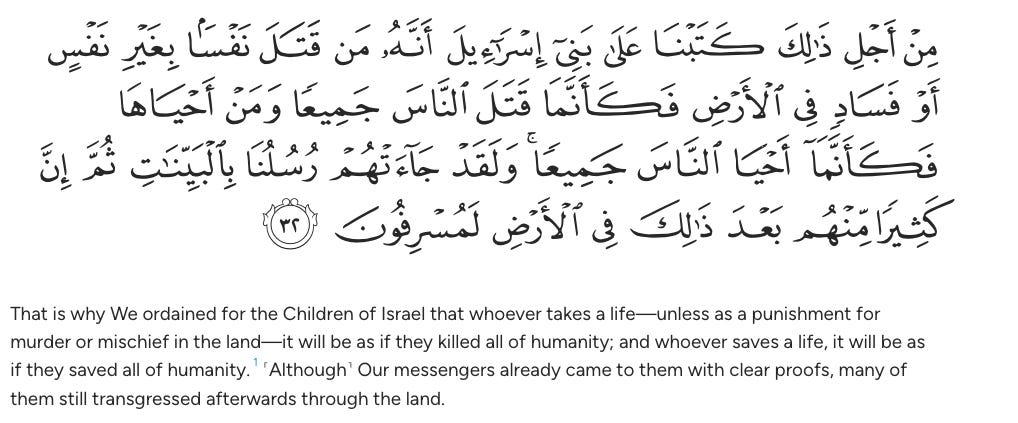
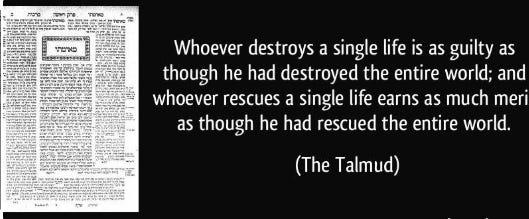
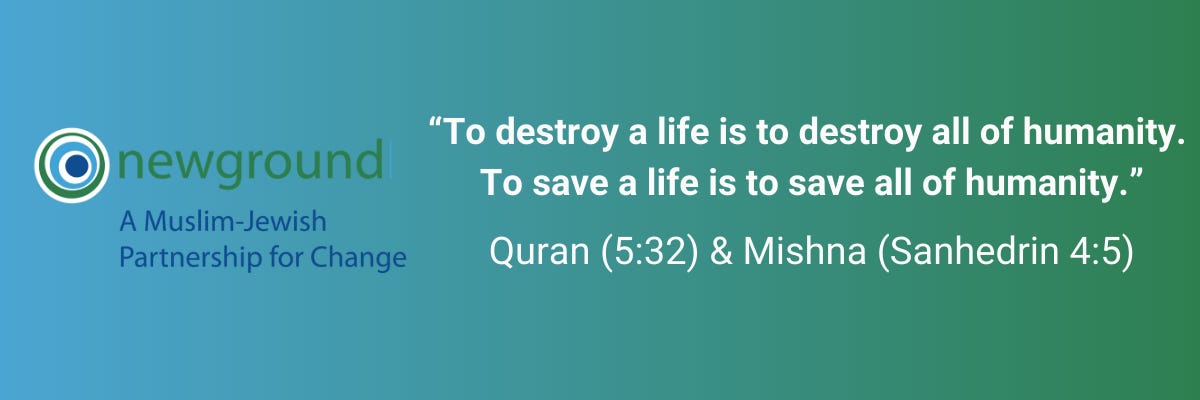
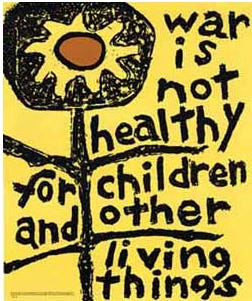
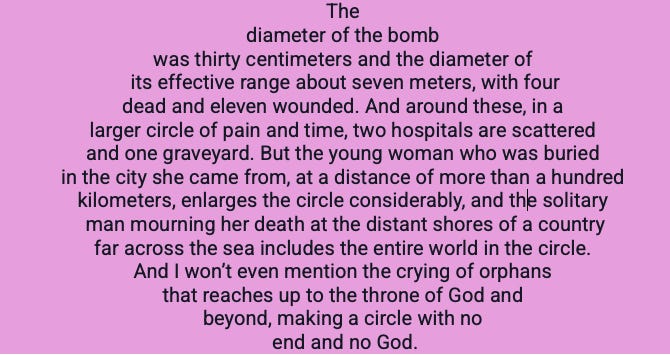

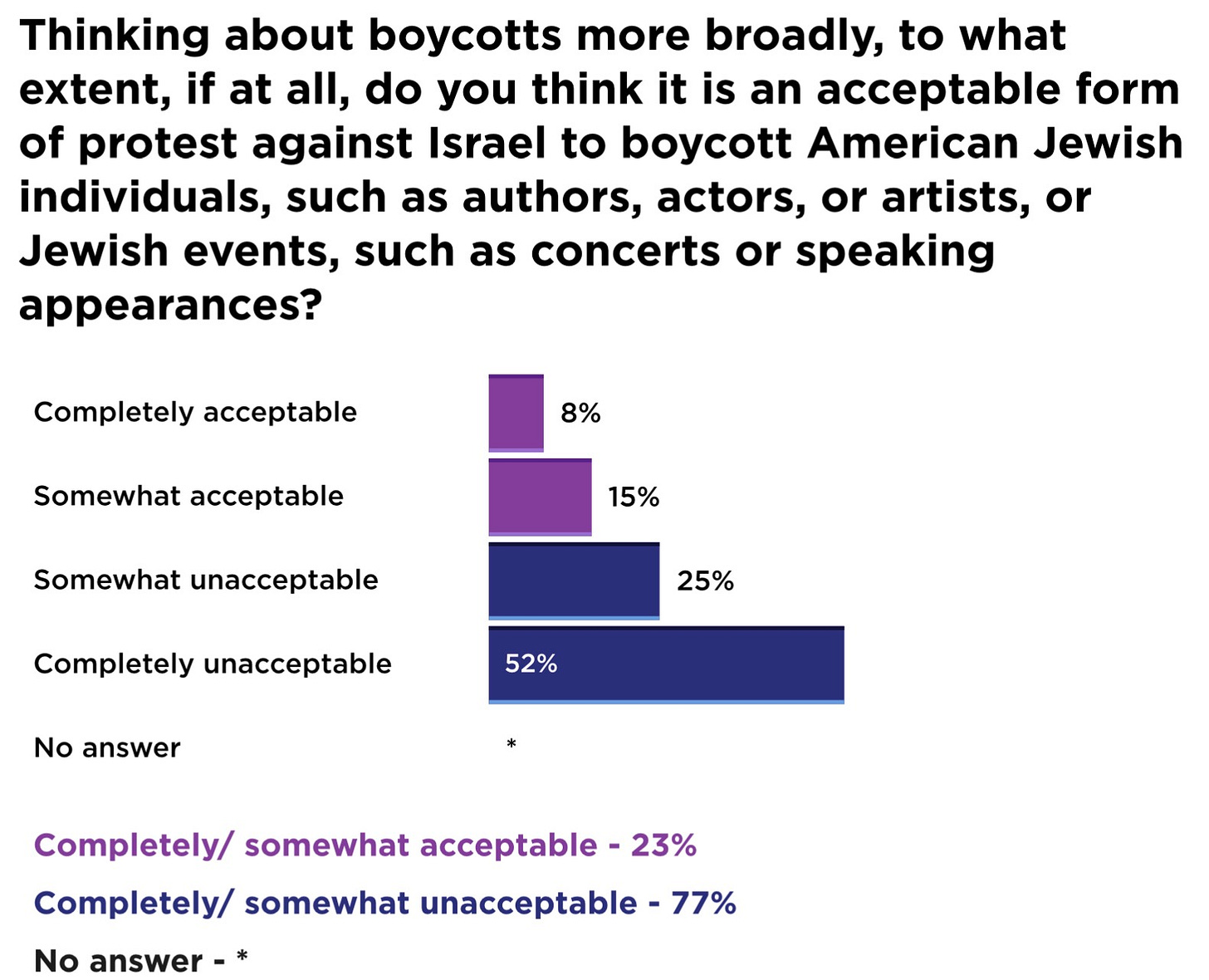
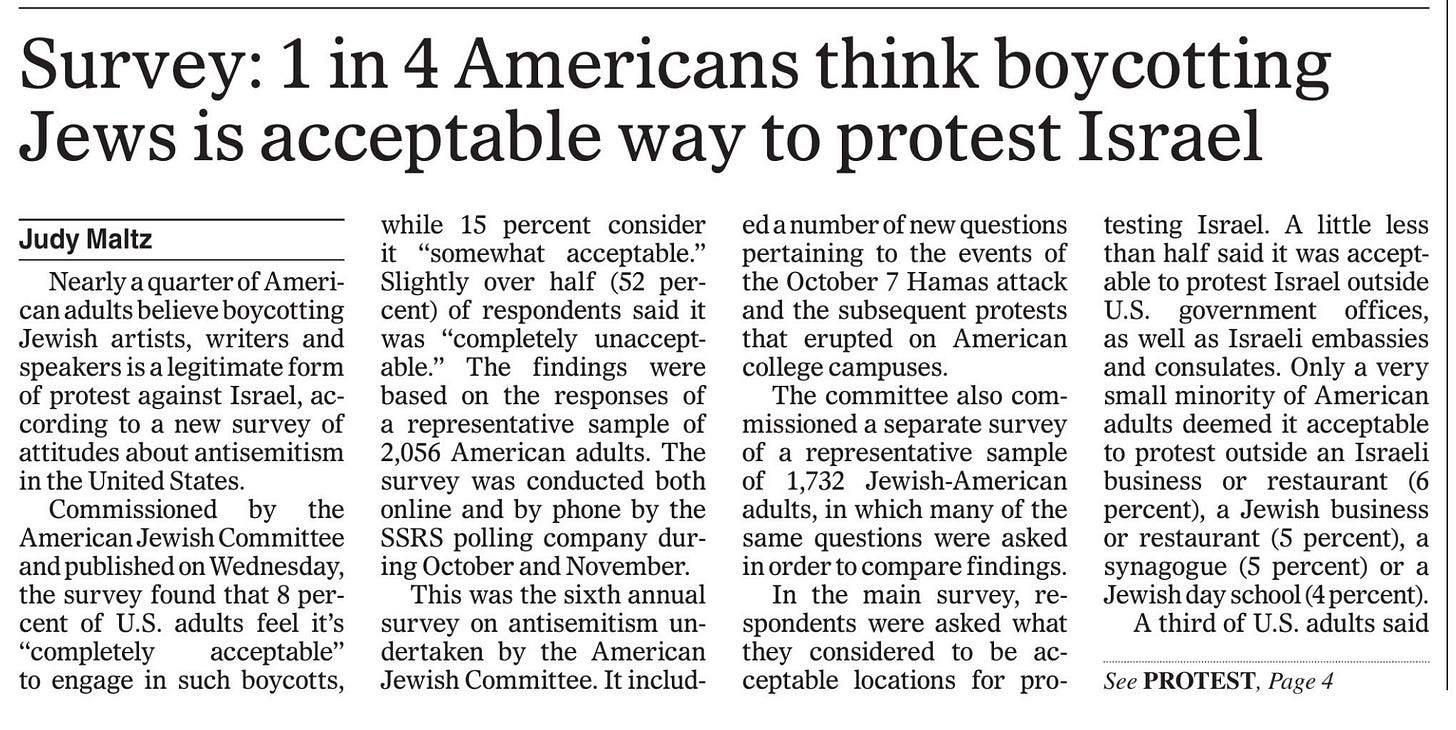
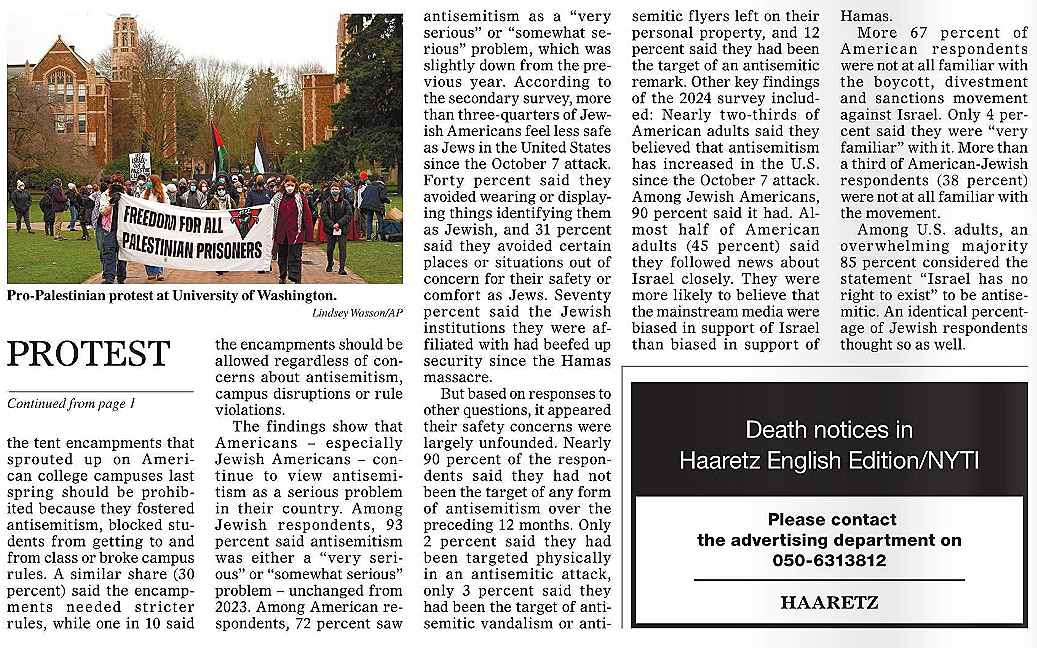


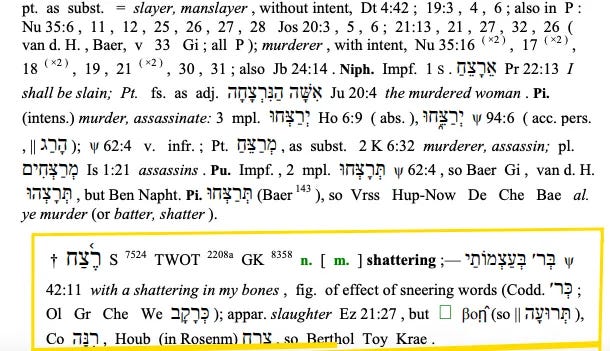
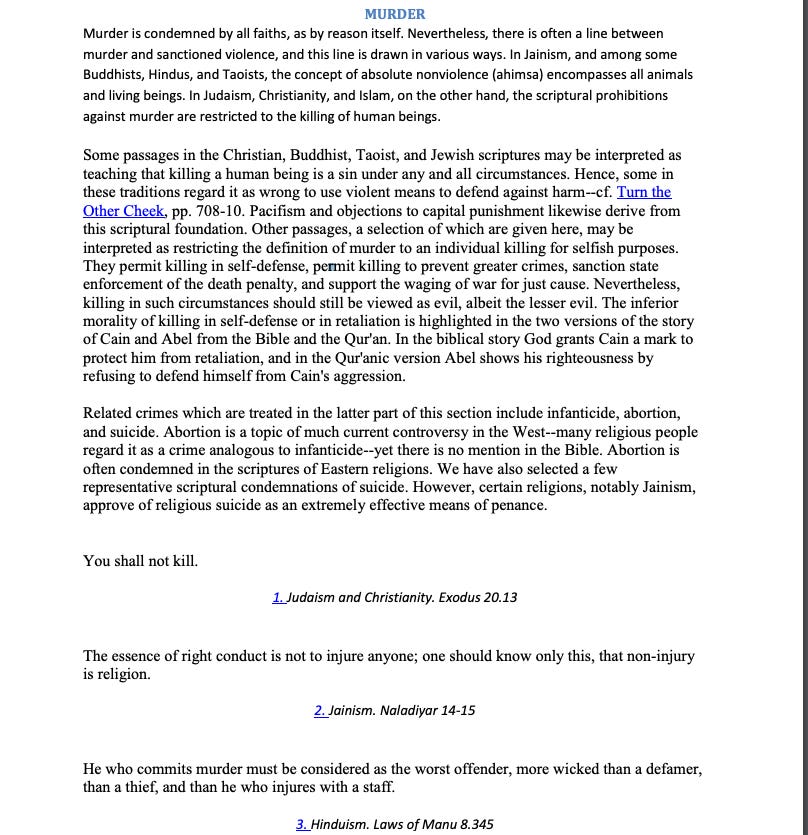
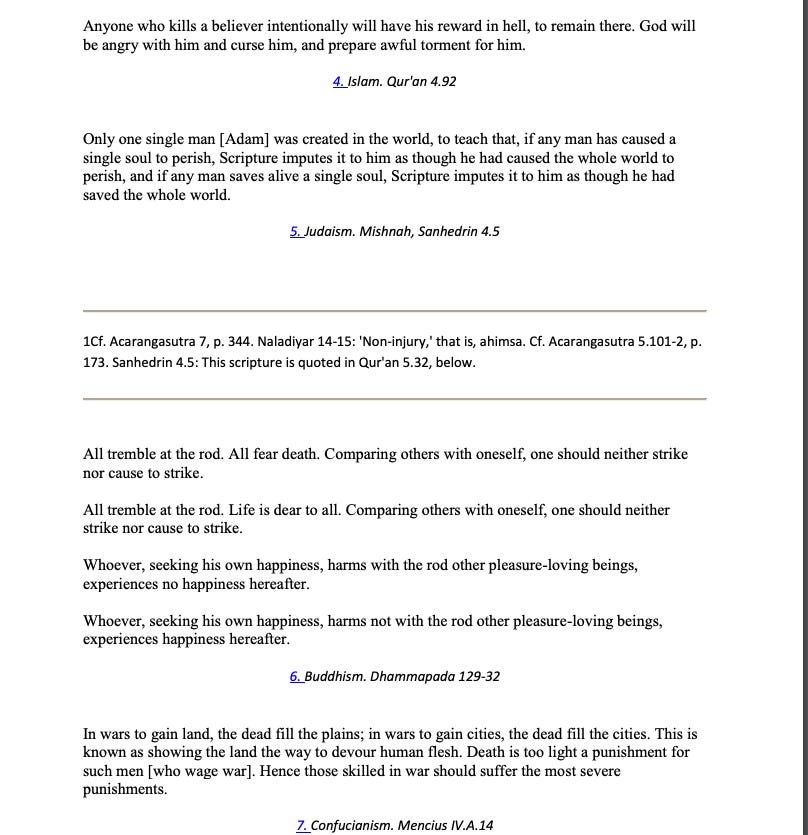
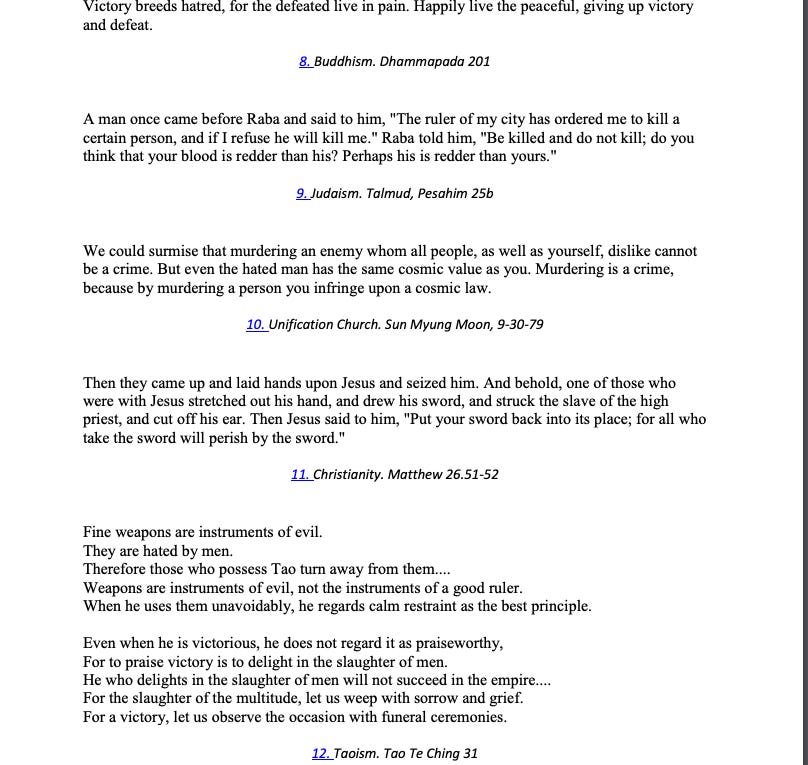
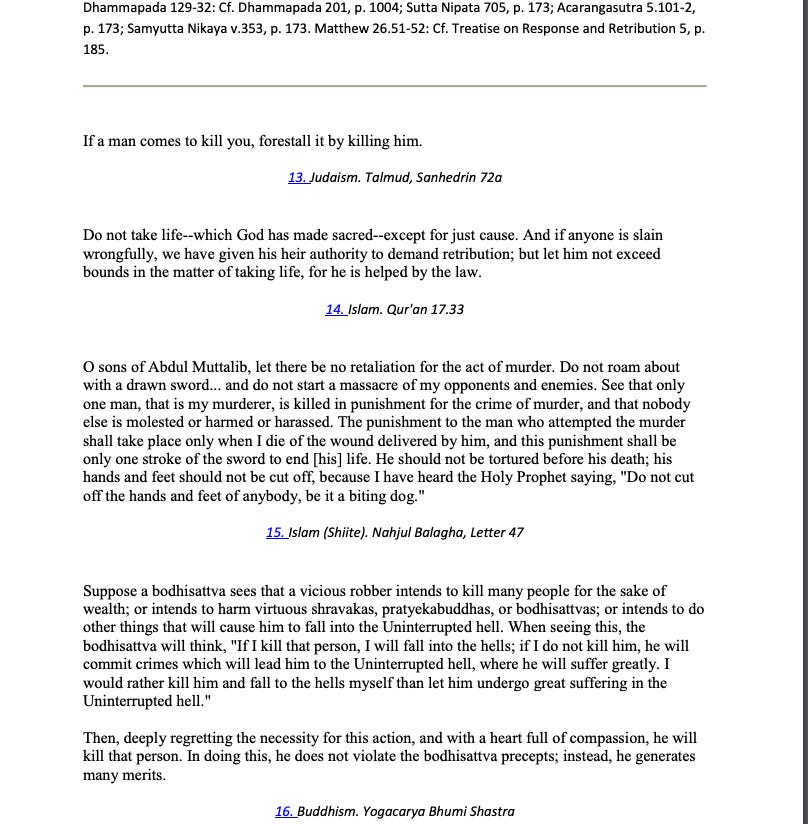
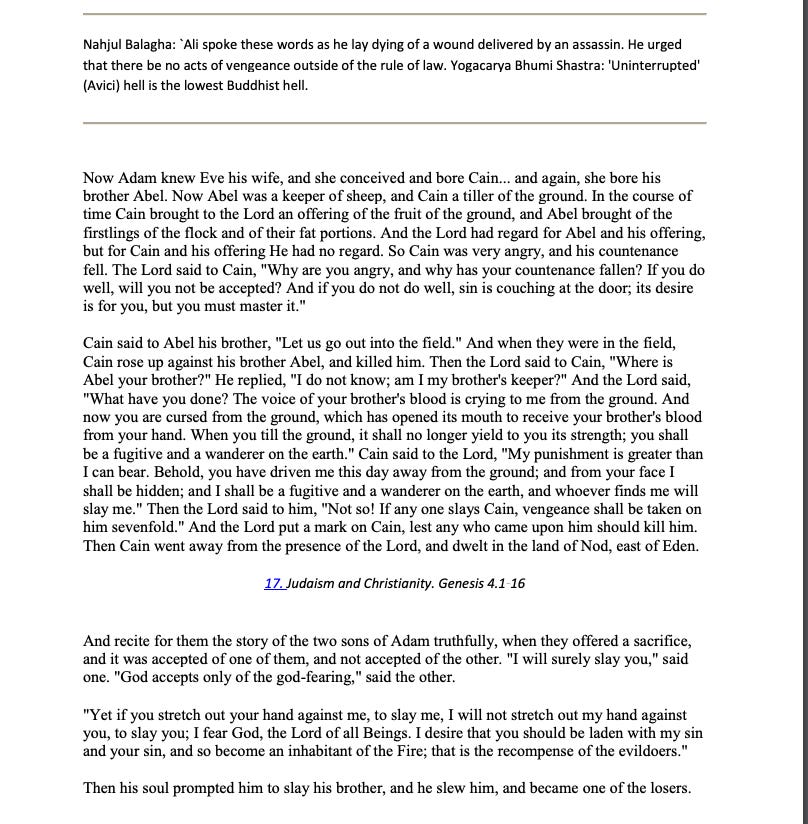
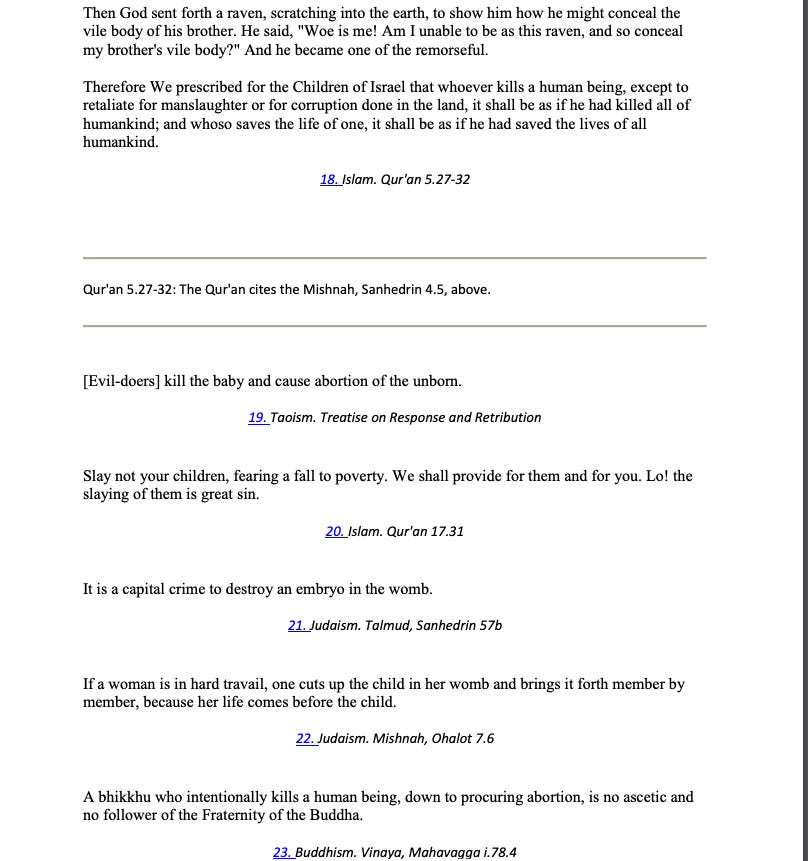
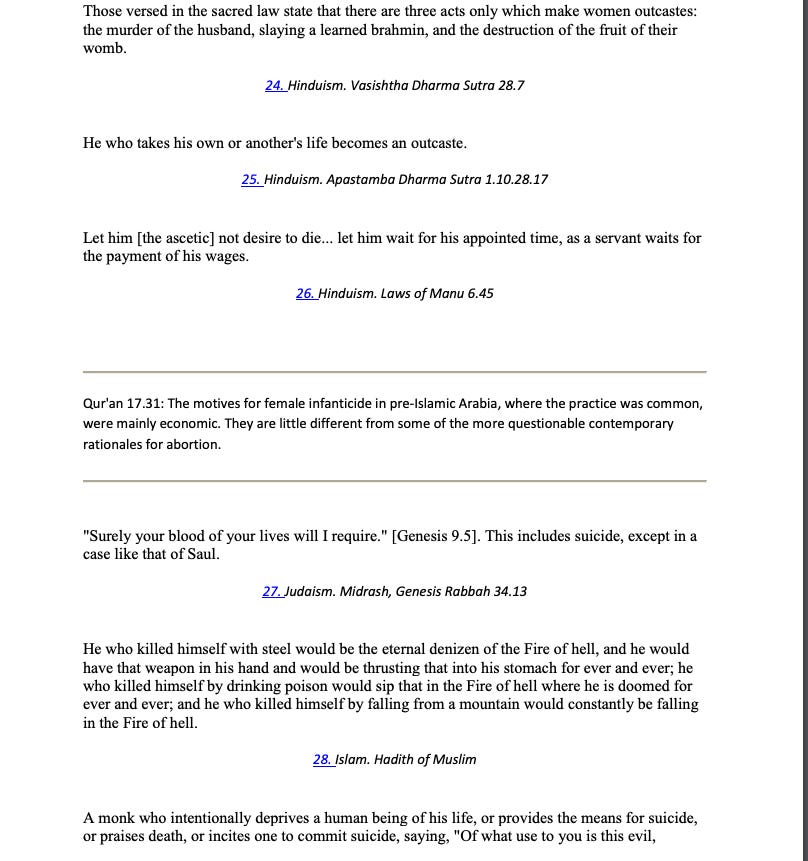
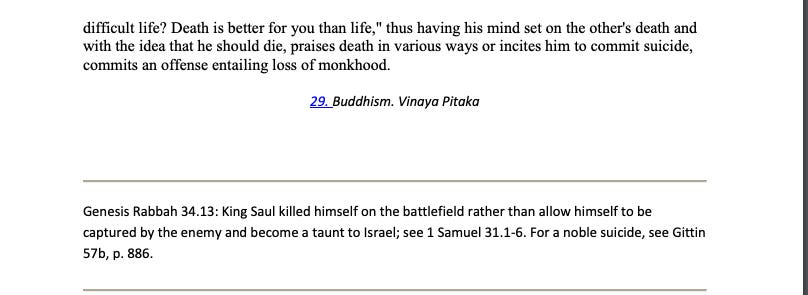
No comments:
Post a Comment